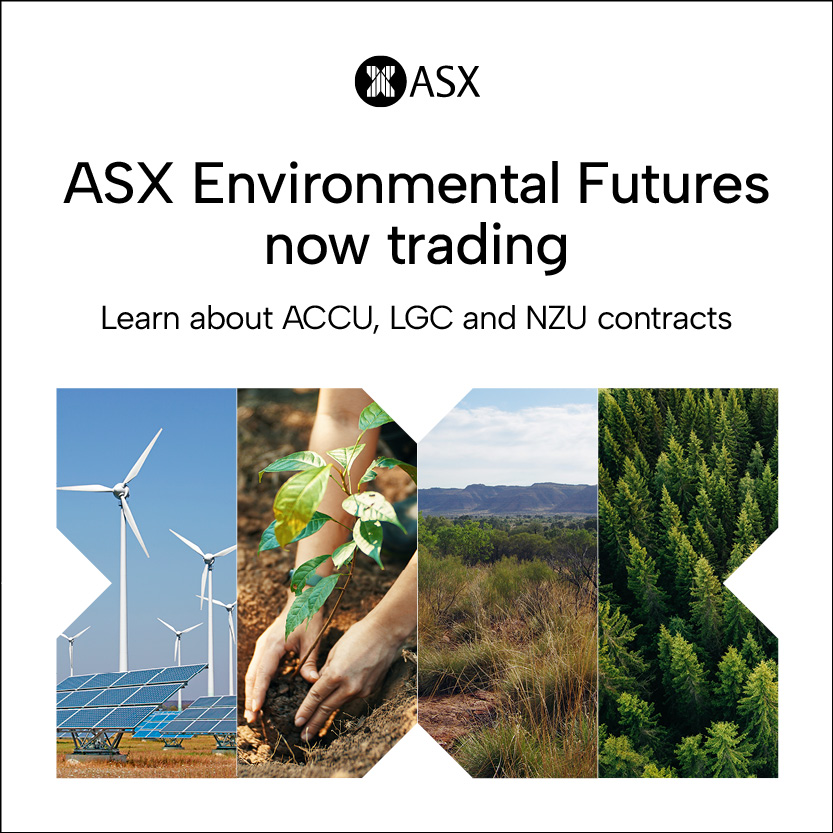(The below blog was originally published on the World Bank’s website)
By Vikram Widge, Head of Climate and Carbon Finance at the World Bank Group
Last Saturday, UN climate negotiators from 195 countries agreed on a historic climate change accord in Paris after two weeks of intense negotiations. While many of us were hoping for a hook that would support the use of markets, we were happily surprised to see the extent and detail on carbon markets that was ultimately included in the Paris Agreement.
The agreement acknowledges that markets are needed to get countries on a low emissions development pathway and enhance ambition to keep warming to well below 2 degrees. It paves the way for a renewed international carbon market that will look and be different. Carbon Markets 2.0, if you will.
The World Bank Group’s consistent engagement in the past few years positions it as a desirable partner in the discussions on the design of a future market architecture, as well as a partner of choice to help client countries implement market-based carbon pricing approaches and deliver on their nationally determined contributions (NDCs).
Among other aspects, the agreement and accompanying decision include:
1) Recognition of voluntary cooperation to implement NDCs and achieve lower emissions using ‘internationally transferred mitigation outcomes’ or ITMOs – a new class of carbon assets;
2) Support for results-based payments to implement policy approaches; and
3) A UNFCCC-governed mechanism that will support mitigation and sustainable development post-2020, which enables international transfers of emission reductions while delivering overall mitigation in global emissions. That last bit will make it very different from the Clean Development Mechanism (CDM), but will be informed by the breadth of experience that the CDM helped create.
With this, countries will continue to design, test and implement market-based domestic carbon pricing initiatives. They will need to create the infrastructure necessary to compare and connect a wide range of climate actions. And they will have to get ready to trade ITMOs and emission reductions under the rules of the new sustainable development mechanism.
The World Bank Group is able and stands ready to support this every step of the way. The agreement provides a clear and strong signal to continue on the road we are on, leveraging 15 years of experience in piloting approaches to deliver new market and results-based carbon instruments, and help build capacity to implement market-based carbon pricing.
In addition to the nearly $3 billion managed in various carbon funds since 2000, we have the Partnership for Market Readiness that supports countries to establish market-based carbon pricing mechanisms as best suits their economic circumstances.
IFC is engaging with existing exchanges and financial institutions to test trading approaches and develop risk management and liquidity products.
The recently launched Transformative Carbon Asset Facility, which was announced on the first day of COP21, will help create and monetize the next generation of carbon credits, including those achieved through policy actions.
And the Networked Carbon Markets initiative is working in partnership with many to help make the voluntary cooperation approaches workable, by establishing the basis to make them comparable and fungible.
Lessons learned from all these initiatives will contribute to new, innovative approaches to deliver climate finance in an effective way.
Success is not certain, however. We cannot underestimate the challenges involved in delivering on the promise of the agreement — from ensuring environmental integrity of traded mitigation outcomes and avoiding double counting, to enhancing ambition and having countries make adequate policy changes, integrate carbon pricing policies in all sectors of an economy, and having the right incentives in place for the private sector to participate.
While we have made excellent progress over the last years on capacity-building and piloting market and results-based approaches, these efforts will need to be scaled up and mainstreamed so they fully leverage the World Bank Group’s policy and investment-related financial products. The Paris decisions on carbon markets and finance can unlock substantial resources to boost operations, and this integration will be key to helping countries implement their NDCs and deliver climate action at scale.
So having unwrapped our present early, come the New Year, we have our work cut out for us. Until then, happy holidays!
Vikram Widge is Head of Climate and Carbon Finance at the World Bank Group. He leads the external engagement on climate finance and the deployment of innovative market-based solutions to mobilize private capital for low carbon development in emerging markets. He also manages the WBG’s carbon finance business with several funds under management and development, innovative results-based financing instruments like the Pilot Auction Facility, the Partnership for Market Readiness supporting countries wanting to put a price on carbon, and the initiative on the next generation of Networked Carbon Markets.




